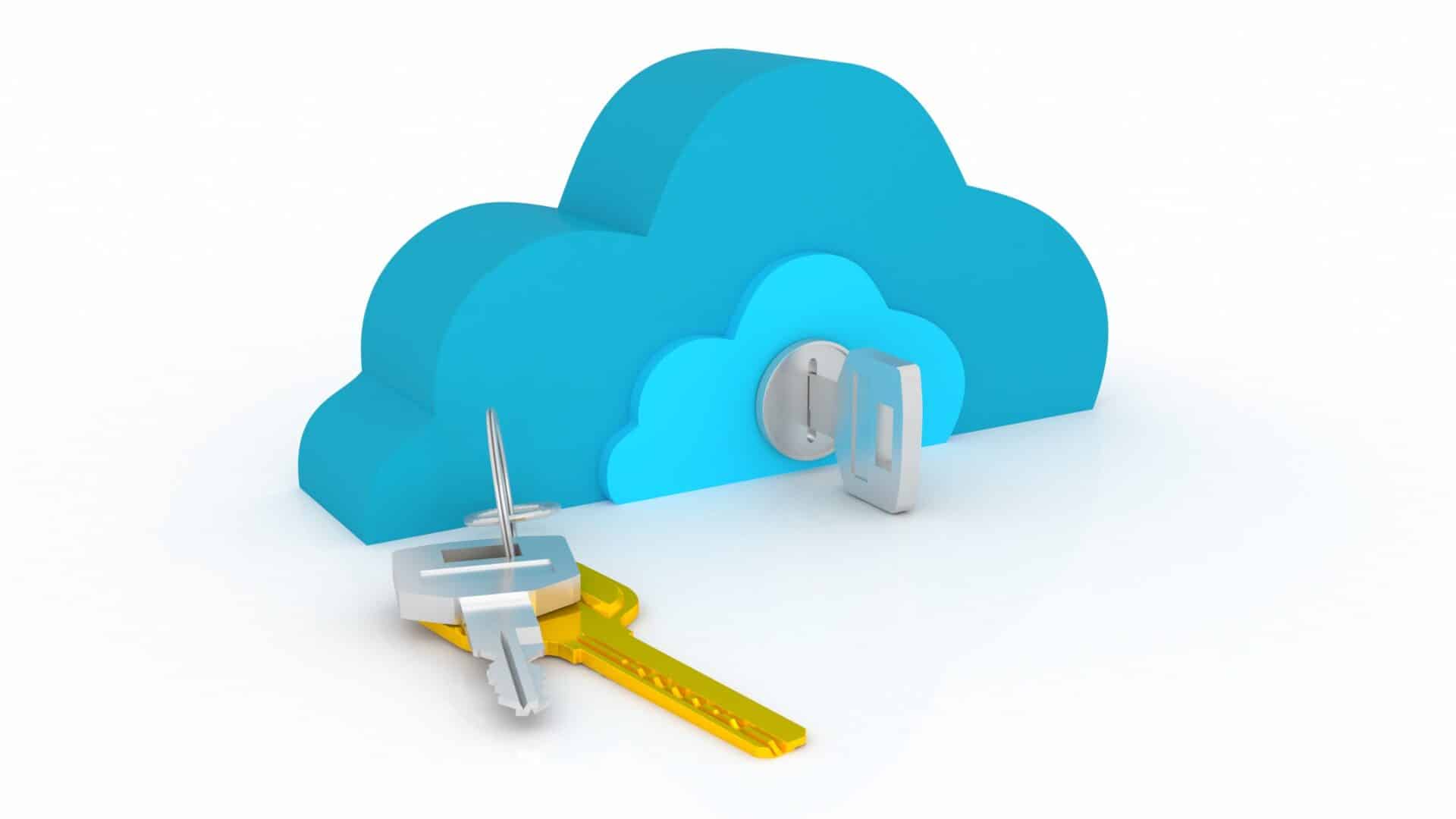
Cloud Computing Security: Is Your Data Really Safe?
Introduction
Cloud computing has emerged as a boon for businesses in the modern digital era, offering a pathway to cost-effective and scalable IT resources. However, it's not without its share of hurdles. One of these issues facing any company considering a migration is cloud data protection and the security of data housed on cloud platforms, both at rest and in transit. The recent cloud data breach at a well-known company like Yahoo underscores the necessity of a meticulous examination of cloud computing security.
Understanding Cloud Computing Security
At its core, cloud computing is the delivery of various computing services, including servers, storage, databases, networking, software, over the internet, which facilitates faster innovation, flexible resources, and economies of scale. The pay-as-you-go model is particularly enticing for Small and Medium Enterprises (SMEs), as it significantly reduces the capital expenditure on IT resources, providing them with an affordable pathway to modern technology which, in turn, can foster innovation and growth.
The Allure of Cloud Computing
The primary attraction of cloud computing is seen in its capacity to trim down IT management costs while offering the adaptability to scale resources in line with business necessities. It relieves the businesses from the burden of managing their own hardware. However, the task of integrating and managing cloud services, particularly for those unfamiliar with the technology, can introduce additional costs and overheads, making it less of a straightforward venture.
Dark Clouds Ahead
The transition to cloud computing is not without its challenges, especially when it comes to cloud computing risks and security. The recent data breach at Yahoo, which affected 3 billion user accounts, exposed the vulnerability even well-established companies have in the face of cyber-attacks. Such incidents not only threaten the confidentiality and integrity of data but also pose significant reputational risks to the companies involved.
The Industry’s Response
The cloud computing industry has not been deaf to the security concerns. There’s been a concerted effort to enhance security protocols, with the introduction of advanced cloud data encryption techniques, multi-factor authentication, and dedicated security personnel to monitor and manage cloud security. However, legal and jurisdictional challenges around data access and sovereignty continue to be a stumbling block, especially in regions with stringent data protection laws.
Is Your Data on Cloud Really Safe?
Is cloud computing safe? The safety of data on cloud platforms remains a hotly debated topic. Even with fortified security measures, the threat of cyber-attacks, like Distributed Denial of Service (DDoS) attacks, looms large. The outsourcing model of cloud computing does not absolve businesses from the responsibility of managing the security of their data and systems actively.
Real-World Consequences
The implications of security lapses in cloud computing are far-reaching and serious. They not only jeopardise sensitive data but also can incur heavy financial losses. Furthermore, they can erode customer trust, which is a cornerstone of business success. The Yahoo breach is a glaring example of how security lapses can tarnish a company's reputation and have a lasting impact on its bottom line.
Case Studies
Examining real-world cases like the Yahoo breach, the Capital One breach, and others provide a lens through which the risks associated with cloud computing can be better understood. These cases serve as a learning platform for other businesses to understand the potential pitfalls and the measures that can be taken to avoid similar fates.
Industry Standards
Industry standards like the ISO/IEC 27017, which provides guidelines on security aspects of cloud computing, play a crucial role in establishing a baseline for cloud security. Adhering to such standards can significantly enhance the security posture of cloud services.
Future Trends: Looking ahead, the cloud computing landscape is likely to evolve, with more stringent security measures being introduced. Emerging technologies like AI and machine learning are poised to play a significant role in enhancing cloud security.
Preparing for the Storm Clouds
To navigate the challenges of cloud computing, SMEs can take proactive steps such as selecting reputable cloud service providers, educating staff on security best practices, and investing in additional security measures. Not having to manage your own physical servers is one thing but businesses still need to be mindful that they need to manage their clouds just as carefully.
Conclusion
Cloud services, when properly implemented and safeguarded, generally offer a safe environment for business operations. Sensible measures like two-factor authentication (2FA), staff training, and regular backups significantly enhance security. However, it's imperative for businesses to critically evaluate the cloud services they opt for, considering both their operational needs and the security measures provided by the cloud service provider. The prudent selection of cloud services, coupled with a robust internal security protocol, can pave the way for a secure cloud computing experience, enabling SMEs to leverage the many benefits of cloud computing with confidence.
If you need help or advice related to this topic please get in touch with us here